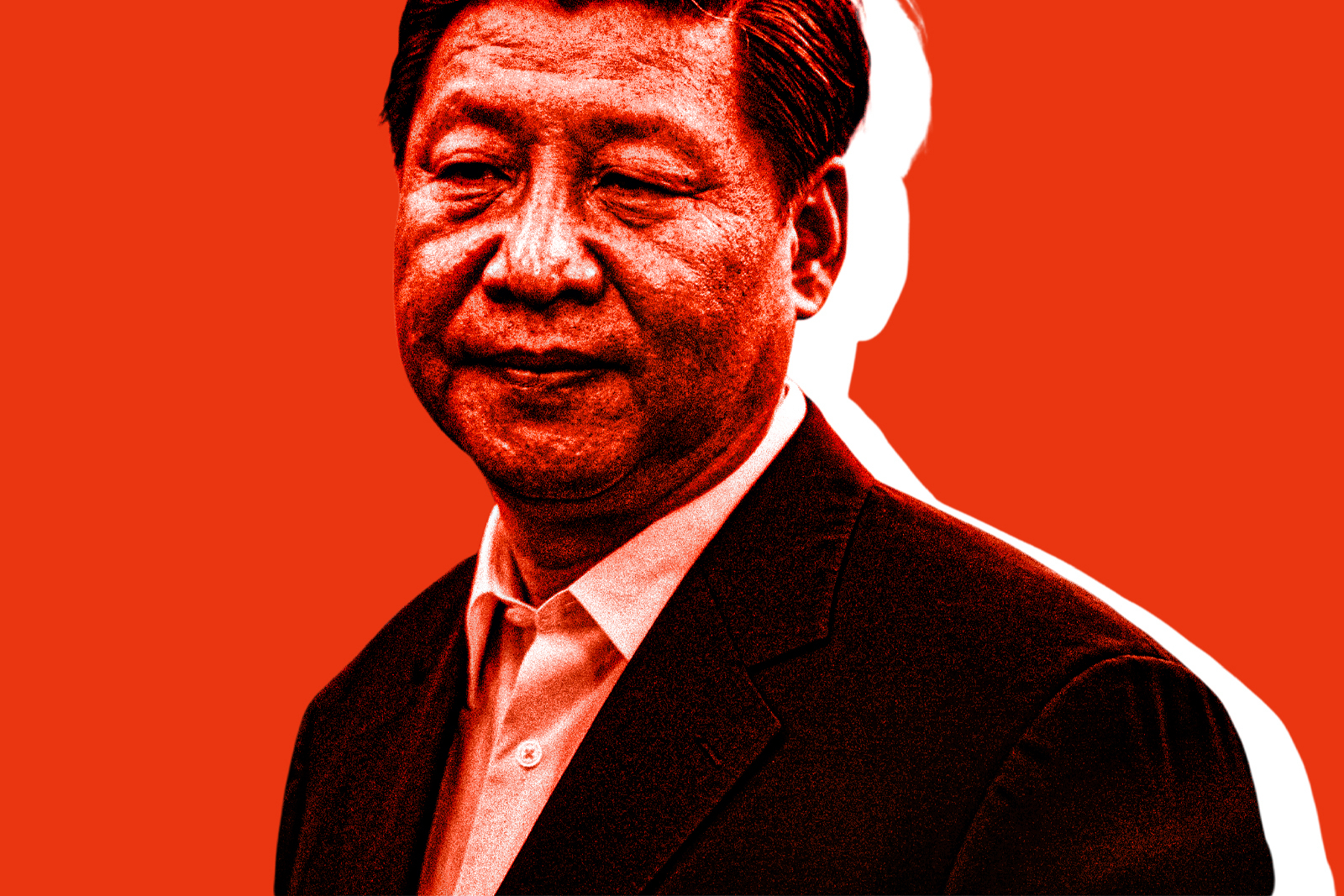
The Global Supply Chain is Perpetuating Misery
COVID-related shortages have shown Americans just how dependent we are on highly specialized networks of workers, factories, ships, and ports that span the globe, in other words: “global supply chains.” Shortages of toilet paper, construction supplies, and cars have moved this phrase from business jargon into common usage. In fact, a simple query in Google Trends shows a huge spike in Google searches for “global supply chains” between the months of September and October 2021.
This reckoning with the reality of how goods from far away places end up in our grocery stores or on our doorsteps has made consumers more conscious of the supply chains on which their purchases depend.
Such a moment of recognition for so many Americans should occasion critical reflection on who is on the other side of the purchases we so often take for granted. This realization opens up the door for us to have important conversations about both ethics and policy in global supply chains. Let’s take a look at two examples: cobalt coming from the Congo and labor coming from Western China.
In pursuit of both environmental protection and enormous profits, American companies are racing to get their hands on cobalt, an essential element in the lithium-ion batteries that power electric vehicles. In the Democratic Republic of the Congo, the world’s foremost provider of cobalt, this increase in demand has brought more independent workers, called “artisanal miners,” into the market.
Because this new wave of mining is independent of organized industrial mining efforts, it is completely unregulated, resulting in extremely dangerous working conditions, child labor, and meager compensation. Despite such risky, and often deadly conditions, artisanal mining produces up to 15% of the world’s cobalt. The “wickedness” of this problem is that artisanal mining provides essential income for the impoverished individuals who labor in this market. To completely excise artisanal mining from supply chains would devastate “the millions of Congolese who live in extreme poverty.”
Though complete excision is not the best option, this does not mean we can freely neglect the plight of artisanal miners. Companies that reap profits from these human rights violations have an ethical obligation to due diligence and to formalize artisanal mining efforts. Formalization is the “development of standards in line with basic human rights principles and environmental standards…[which] include basic infrastructure, health and safety measures, and monitoring to assess compliance with these standards.”
It is the responsibility of initial buyers, final-product companies, and consumers to no longer neglect the impoverished and vulnerable by formalizing artisanal mining so that it can both meet basic human rights standards and provide just compensation to the miners.
Another insidious example of human rights violations in the global supply chain is the case of Uyghur Muslims in Northwest China. According to a report from the Department of Labor, more than 1 million Uyghurs have been forcibly relocated to detention camps in Xinjiang, China, where they endure ideological indoctrination and forced labor.
In 2020, scholars from the Australian Strategic Policy Institute published an exposing article documenting the horrors of this Chinese state-run program: After spending time in the detention camps, Uyghurs are moved from Xinjiang and their labor is sold to factories where they live in segregated dormitories, undergo ideological training, endure constant surveillance, and are forbidden from practicing religious observances.
The report uncovered numerous prominent American companies that engage in business with these forced-labor factories. Among the companies are Nike, Amazon, Apple, North Face, and many more. In response, Congress finally passed H.R. 1155-Uyghur Forced Labor Prevention Act. One shortcoming of this bill is that it specifically focuses on “goods made with forced labor in the Xinjiang Autonomous region” of China. As mentioned earlier, China is increasingly relocating workers from the Xinjiang region to factories in major cities like Qingdao. This bill is an excellent step in the right direction, but it must expand its scope to all goods produced by Uyghur forced labor (not just in the Xinjiang region) and it must be rigorous in meeting the policy deadlines.
At a national level, the United States must be aggressive in its efforts to persistently prevent goods produced by forced labor from entering the market. In the private sector, it is imperative that companies sacrifice profit in order to ruthlessly root out human rights violations in their supply chains. At the individual level, consumers must take it upon themselves to keep the government accountable through their vote and companies accountable through their spending dollars.
Put aptly by political philosopher Oliver O’Donovan, “For me, as for the slave-owners of the early modern colonies, it is all too easy to overlook those on whom the gratifying of my desires depends.” As O’Donovan suggests, distance does not diminish a consumer’s role in exploitation. In the Early Modern period, British entrepreneurs and consumers were an Ocean away and never whipped a single slave. Centuries later, it is this same willful ignorance, neglect, and distance that has allowed for the rampant exploitation of ethnic minorities and the socio-economically disadvantaged in far away countries.
As the world’s economy transforms and labor becomes increasingly global, it is not enough for the United States to only focus on ethical labor within its borders. For too long these human rights violations have gone unaddressed by policymakers. With increased attention because of COVID-related shortages, it is time for the United States (government, corporations, and citizens) to take an active stance toward enacting ethical global labor policy.

